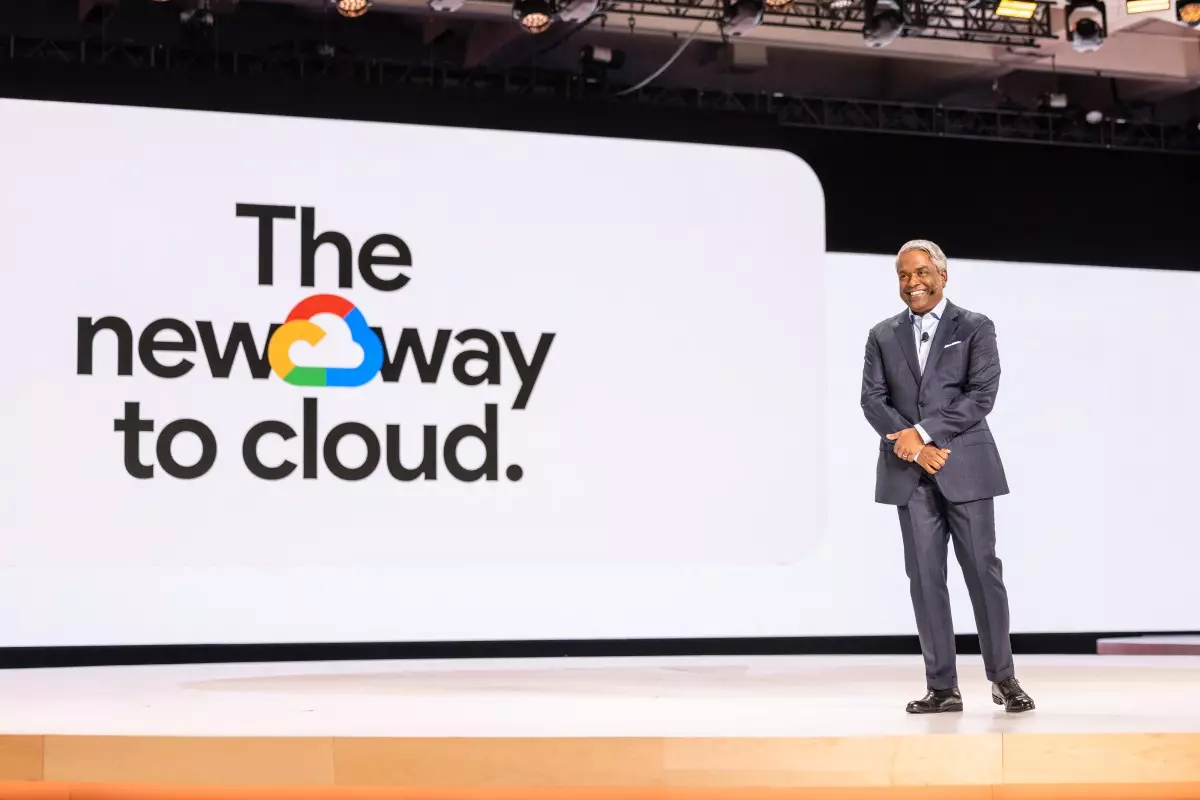The recent Google Cloud Next conference held in Las Vegas was nothing short of a technological spectacle, marking a significant moment in the realm of artificial intelligence. Central to the conference was the unveiling of a suite of new capabilities that promise to revolutionize the industry. With the introduction of the next-generation AI processing chip known as Ironwood and the AI model Gemini 2.5 Flash, Google is solidifying its position as a catalyst for innovation in the cloud computing arena. This event did not merely showcase Google’s technological prowess but highlighted an entire ecosystem of AI startups eager to leverage Google’s powerful infrastructure to fuel their ambitions.
The Rising Stars of AI Startups
Among the numerous startups that have partnered with Google, some of the most exciting prospects include Safe Superintelligence (SSI), founded by Ilya Sutskever, one of the original architects behind OpenAI. The presence of SSI at the conference underscores the intriguing intersection of established expertise and new ventures in the AI space. Another standout is Anysphere, which has made waves with its AI-powered code editor, Cursor, recently valued at a staggering $10 billion. Cursor capitalizes on Google’s cloud capabilities to optimize user experience and outpace formidable rivals like Microsoft’s GitHub CoPilot—a testament to the fierce competition in the coding transformation landscape.
Legal professionals are among those who could greatly benefit from technologies like Hebbia, a startup that streamlines information retrieval in extensive documents using AI. With a hefty $130 million Series B funding round in its pocket, guided by notable firms like Andreessen Horowitz and Google Ventures, Hebbia is positioned to disrupt traditional legal processes. This type of specialization highlights the multifaceted applications of AI beyond mere automation, propelling us into an era where intelligent systems aid in nuanced fields such as law.
The Heavy-Weight Investors Fueling AI Innovation
Further intensifying the competition is Magic, a startup aiming to redefine coding through frontier AI models. Their recent fundraising efforts—amounting to $320 million—include investments from industry stalwarts like CapitalG, which points to a concerted effort to harness Google Cloud tools for their innovative projects. As funding floods into advanced AI solutions, it becomes evident that the frontiers of this technology will be pushed further by those willing to leverage Google’s powerful cloud infrastructure for GPU access.
Perhaps even more remarkable is the emergence of Physical Intelligence, which is developing revolutionary software solutions for robotics. With a valuation skyrocketing to $2 billion and backing from notable figures such as Jeff Bezos, their ambitious aims come from a wealth of experience, particularly from a team with roots in Google DeepMind. This blend of strong investment and expertise not only promises breakthroughs in robotics but also speaks to a prevailing trend: the convergence of AI development with venture capital like never before.
The European Landscape of AI Innovation
Across the Atlantic, Parisians have also captured attention with startups like Photoroom, which utilizes Google Cloud’s advanced models to innovate in AI photo editing. Its commitment to superior technology positions it among the most promising AI ventures in Europe, underscoring the continent’s growing stature as a center of AI development. Meanwhile, Synthesia’s crafting of hyper-realistic AI avatars exemplifies the dynamic capabilities available through cloud-powered AI, as it continues to attract significant funding while integrating state-of-the-art models from Google.
Additionally, Google has expanded its network of venture capital partners by onboarding Lightspeed, enhancing opportunities for AI startups. Companies within this enriched ecosystem can now tap into the resources offered by Google Cloud, including substantial credits to foster further innovation. This strategic move not only bolsters Google Cloud’s competitive edge against rivals like Microsoft Azure and Amazon Web Services but also illustrates the company’s commitment to fostering emergent technologies through financial and infrastructural support.
The implications of Google’s recent advancements and startup partnerships are monumental. As we witness an influx of capital, cutting-edge technology, and inventive minds rallying under the Google Cloud banner, it becomes clear that innovation in AI is entering a new phase of collaborative progress. The buzz generated at the Google Cloud Next conference hints at a future rife with possibilities—a future where AI not only enhances existing systems but also creates new paradigms of understanding and interaction.

